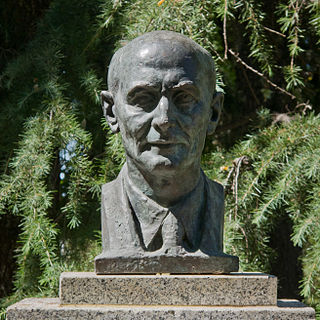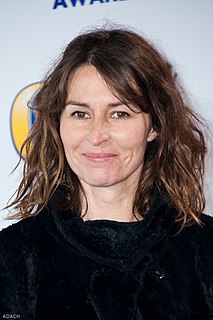A Quote by William Butler Yeats
Supreme art is a traditional statement of certain heroic and religious truth, passed on from age to age, modified by individual genius, but never abandoned.
Related Quotes
As for certain lesser faults, we must believe that, before the Final Judgment, there is a purifying fire. He who is truth says that whoever utters blasphemy against the Holy Spirit will be pardoned neither in this age nor in the age to come. From this sentence, we understand that certain offenses can be forgiven in this age, but certain others in the age to come.
Public opinion contains all kinds of falsity and truth, but it takes a great man to find the truth in it. The great man of the age is the one who can put into words the will of his age, tell his age what its will is, and accomplish it. What he does is the heart and the essence of his age, he actualizes his age. The man who lacks sense enough to despise public opinion expressed in gossip will never do anything great.
To the future or to the past, to a time when thought is free, when men are different from one another and do not live alone— to a time when truth exists and what is done cannot be undone: From the age of uniformity, from the age of solitude, from the age of Big Brother, from the age of doublethink — greetings!
In any age courage is the simple virtue needed for a human being to traverse the rocky road from infancy to maturity of personality. But in an age of anxiety, an age of herd morality and personal isolation, courage is a sine qua non. In periods when the mores of the society were more consistent guides, the individual was more firmly cushioned in his crises of development; but in times of transition like ours, the individual is thrown on his own at an earlier age and for a longer period.
There is a connection, hard to explain logically but easy to feel, between achievement in public life and progress in the arts. The age of Pericles was also the age of Phidias. The age of Lorenzo de Medici was also the age of Leonardo da Vinci. The age of Elizabeth was also the age of Shakespeare. And the New Frontier for which I campaign in public life, can also be a New Frontier for American art.
In science the successors stand upon the shoulders of their predecessors; where one man of supreme genius has invented a method, a thousand lesser men can apply it. ... In art nothing worth doing can be done without genius; in science even a very moderate capacity can contribute to a supreme achievement.
He [Jesus] came to save all through himself; all, I say, who through him are reborn in God: infants, and children, and youths, and old men. Therefore he passed through every age, becoming an infant for infants, sanctifying infants; a child for children, sanctifying those who are of that age . . . [so that] he might be the perfect teacher in all things, perfect not only in respect to the setting forth of truth, perfect also in respect to relative age







































